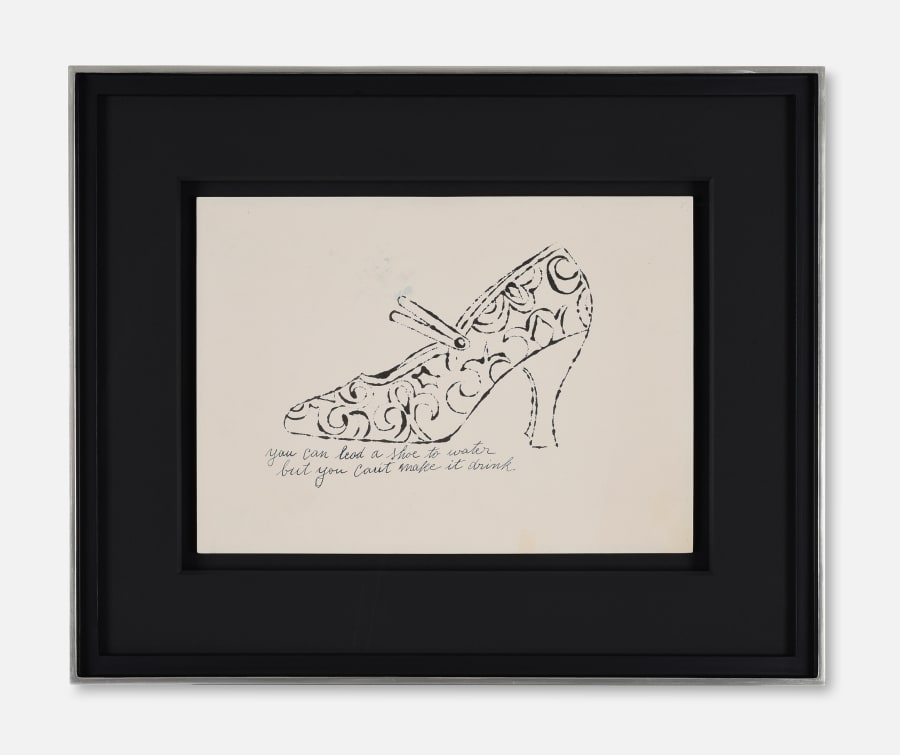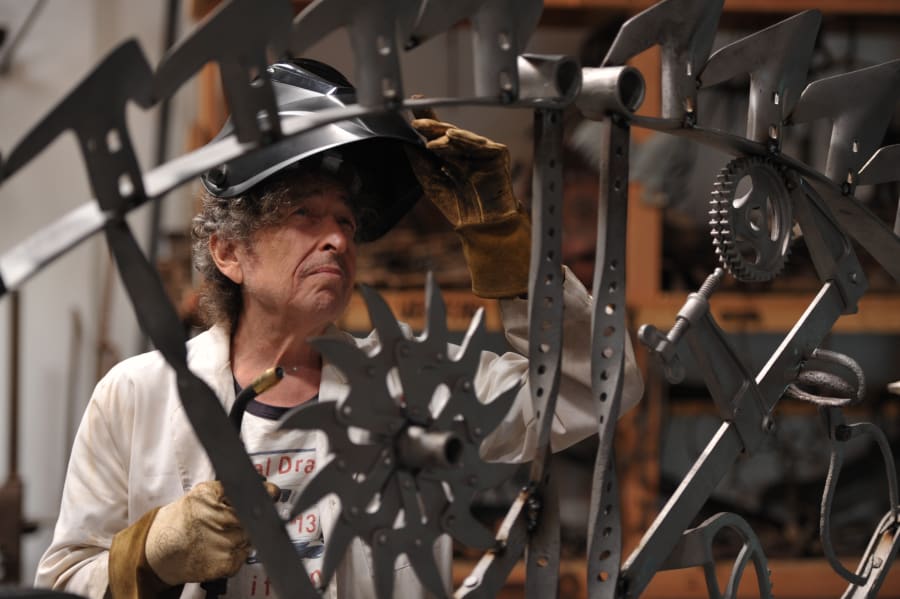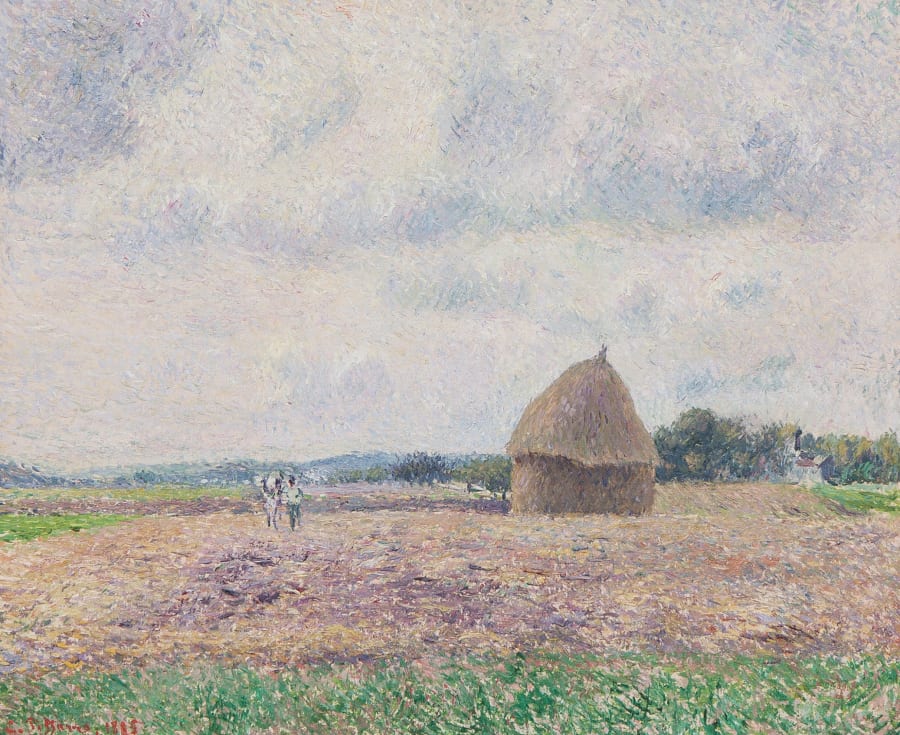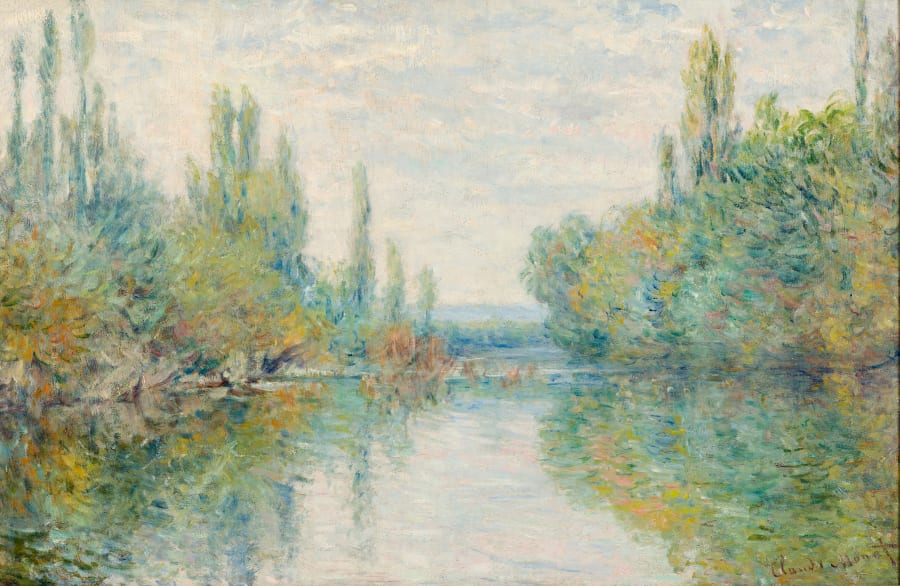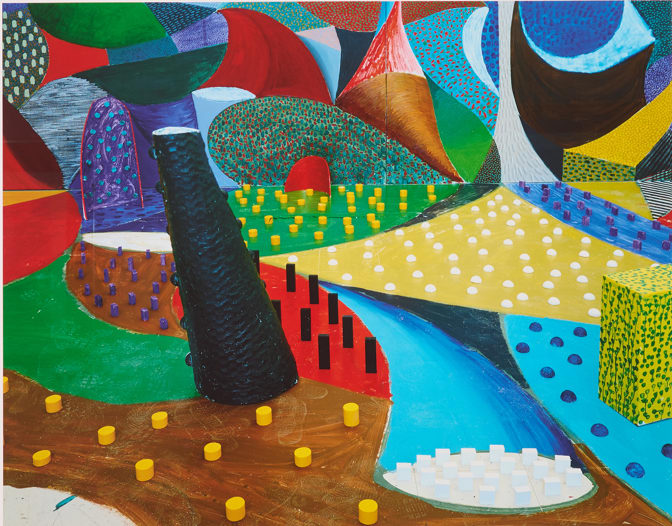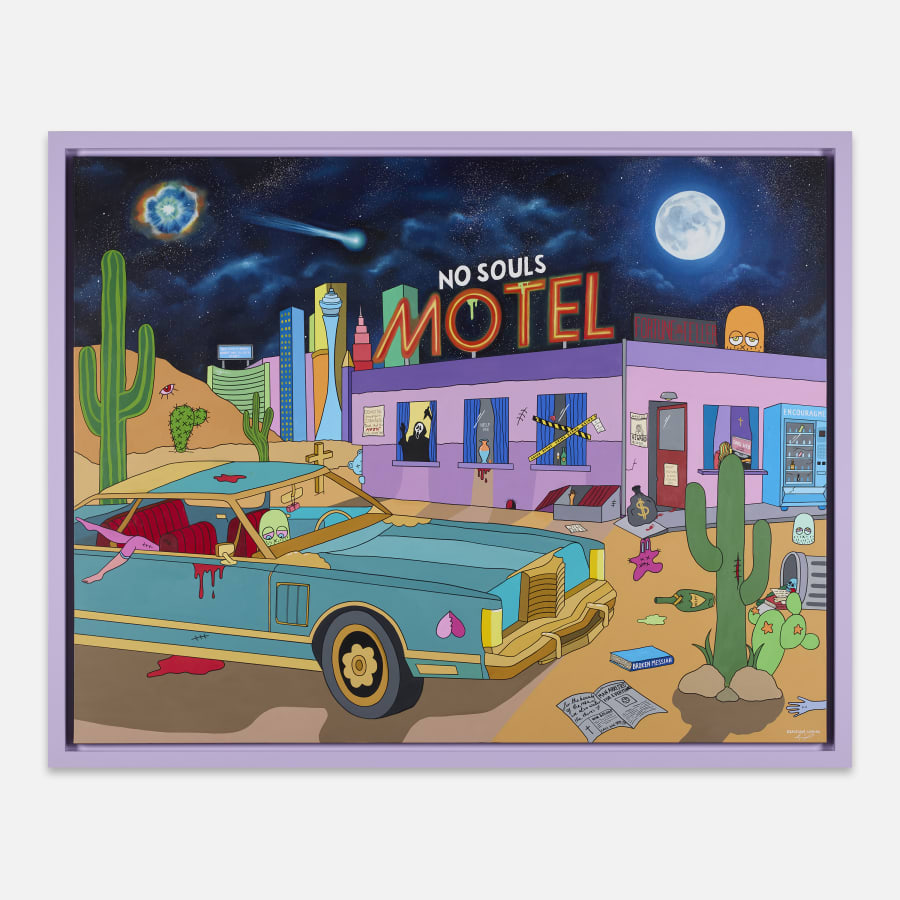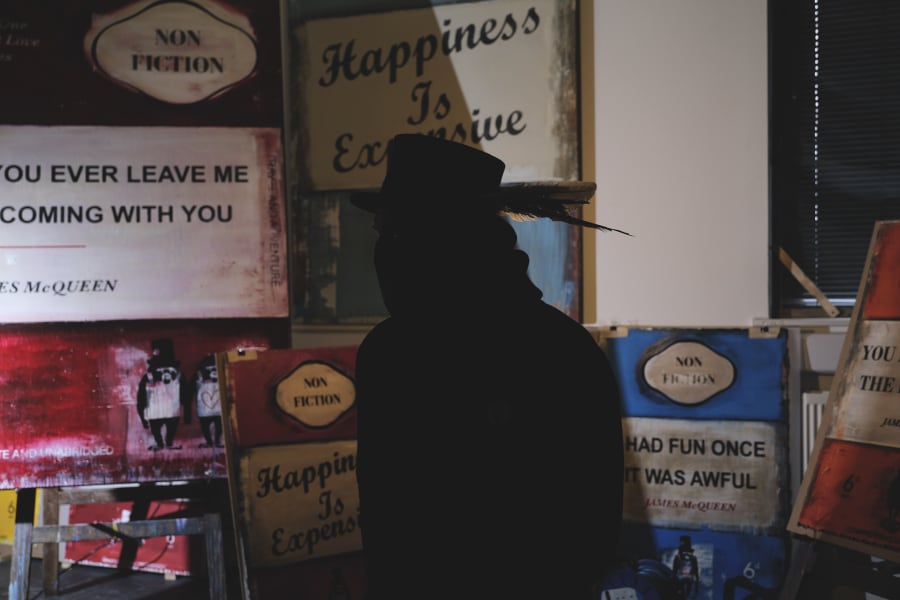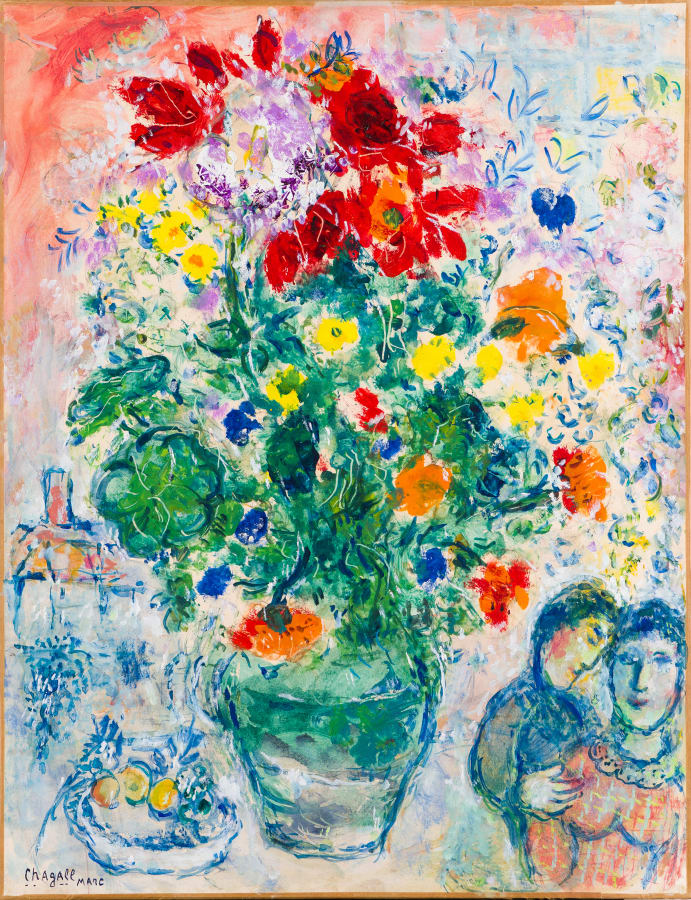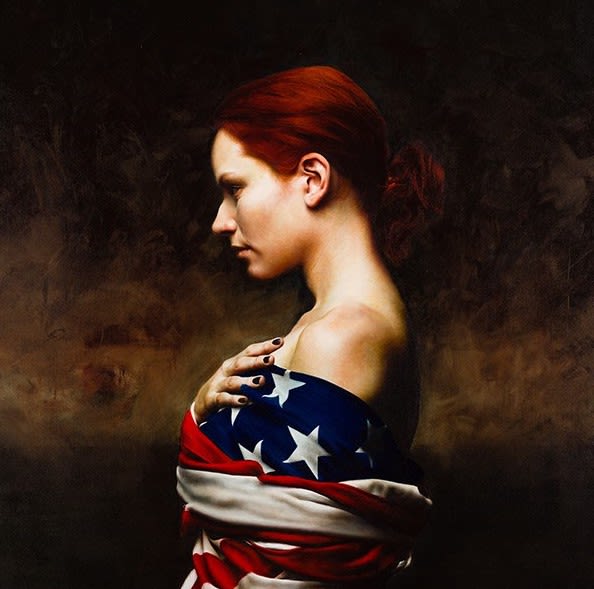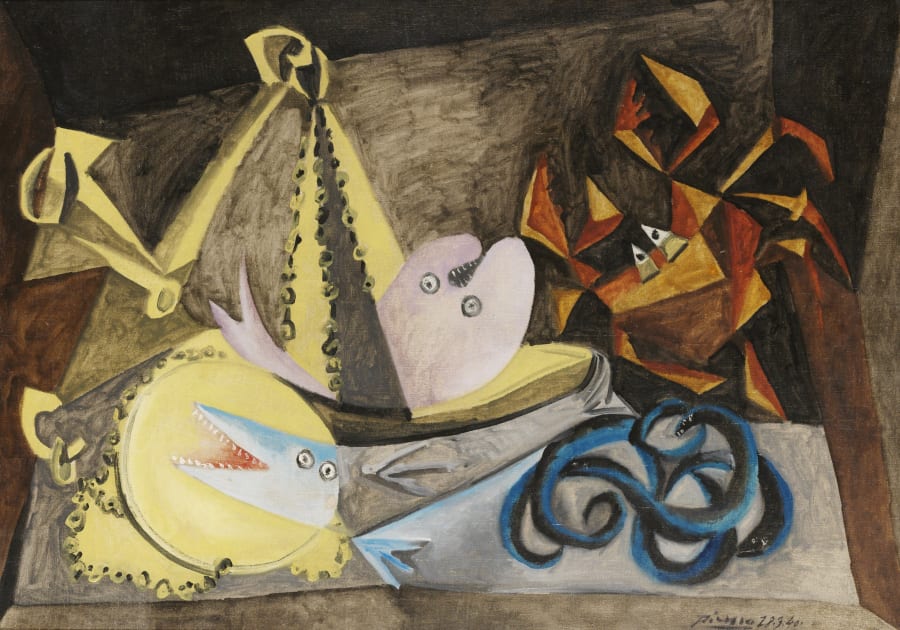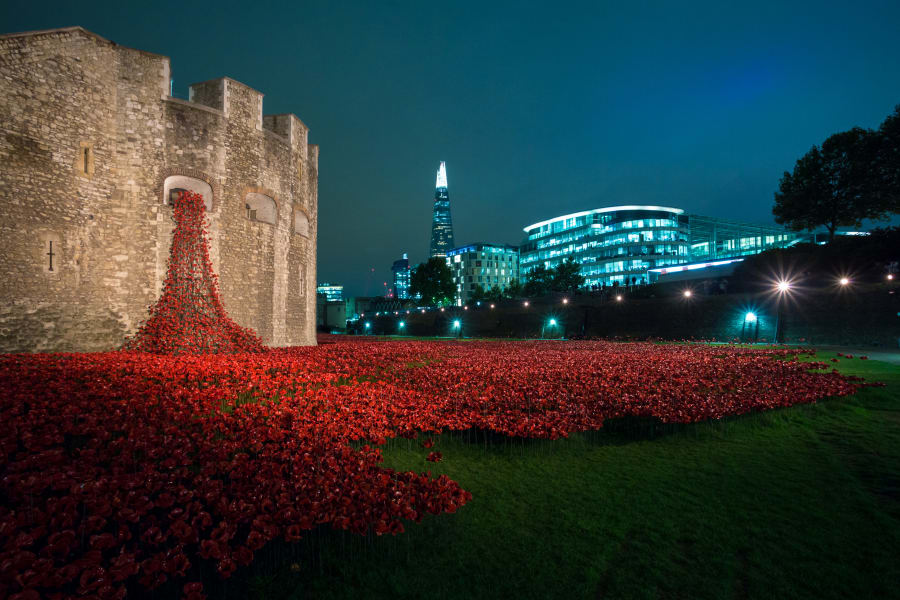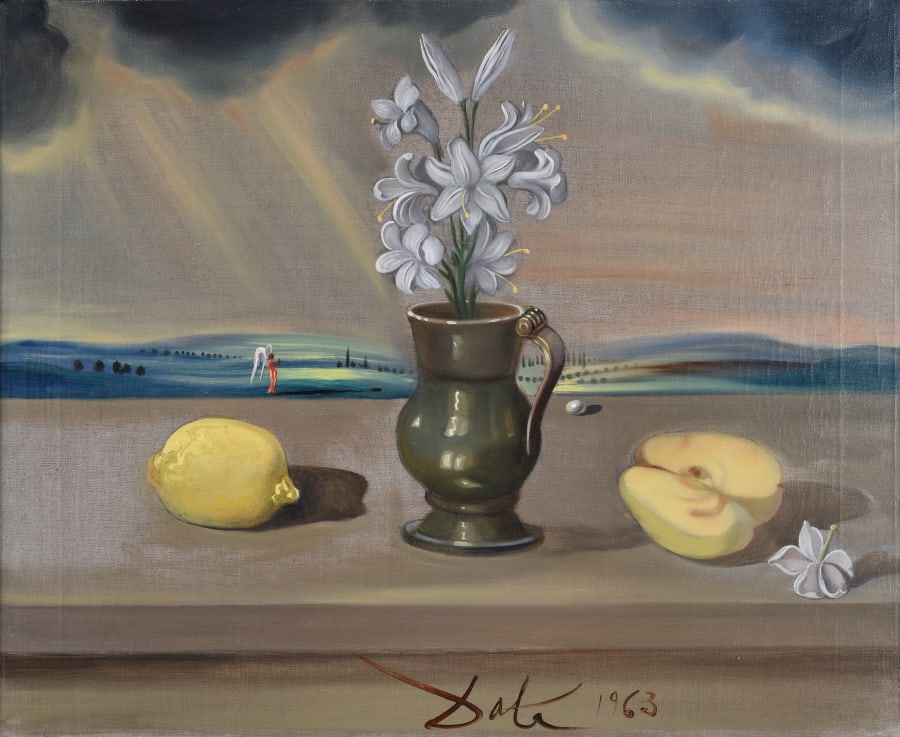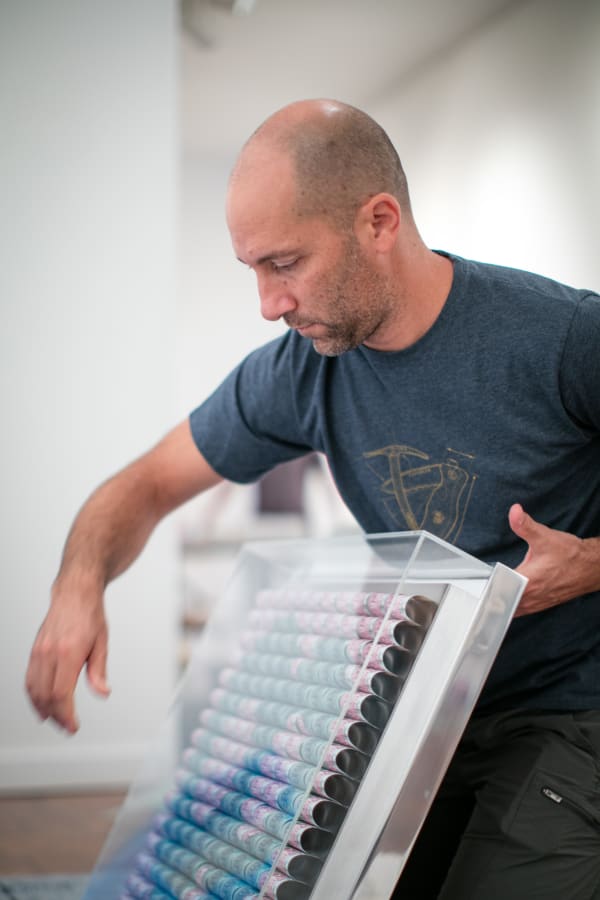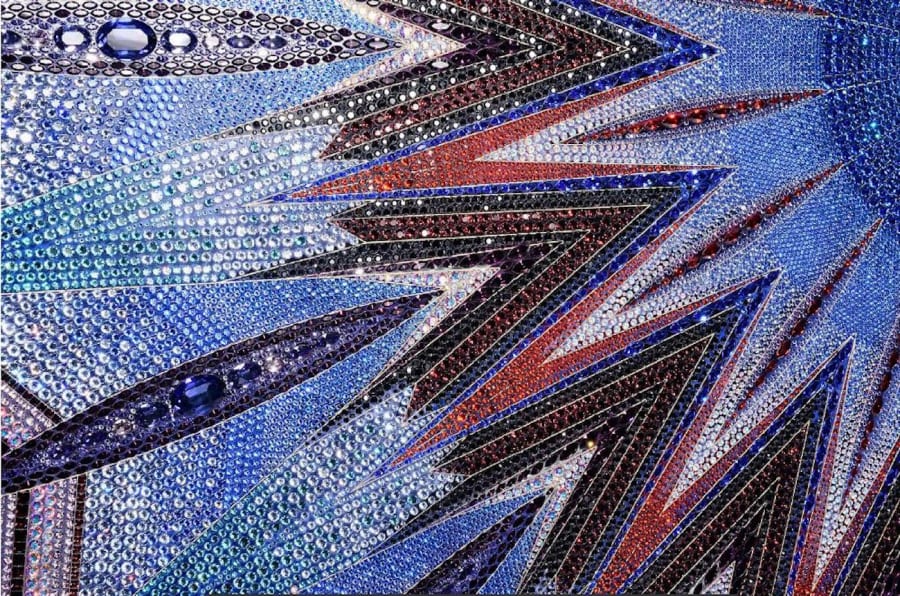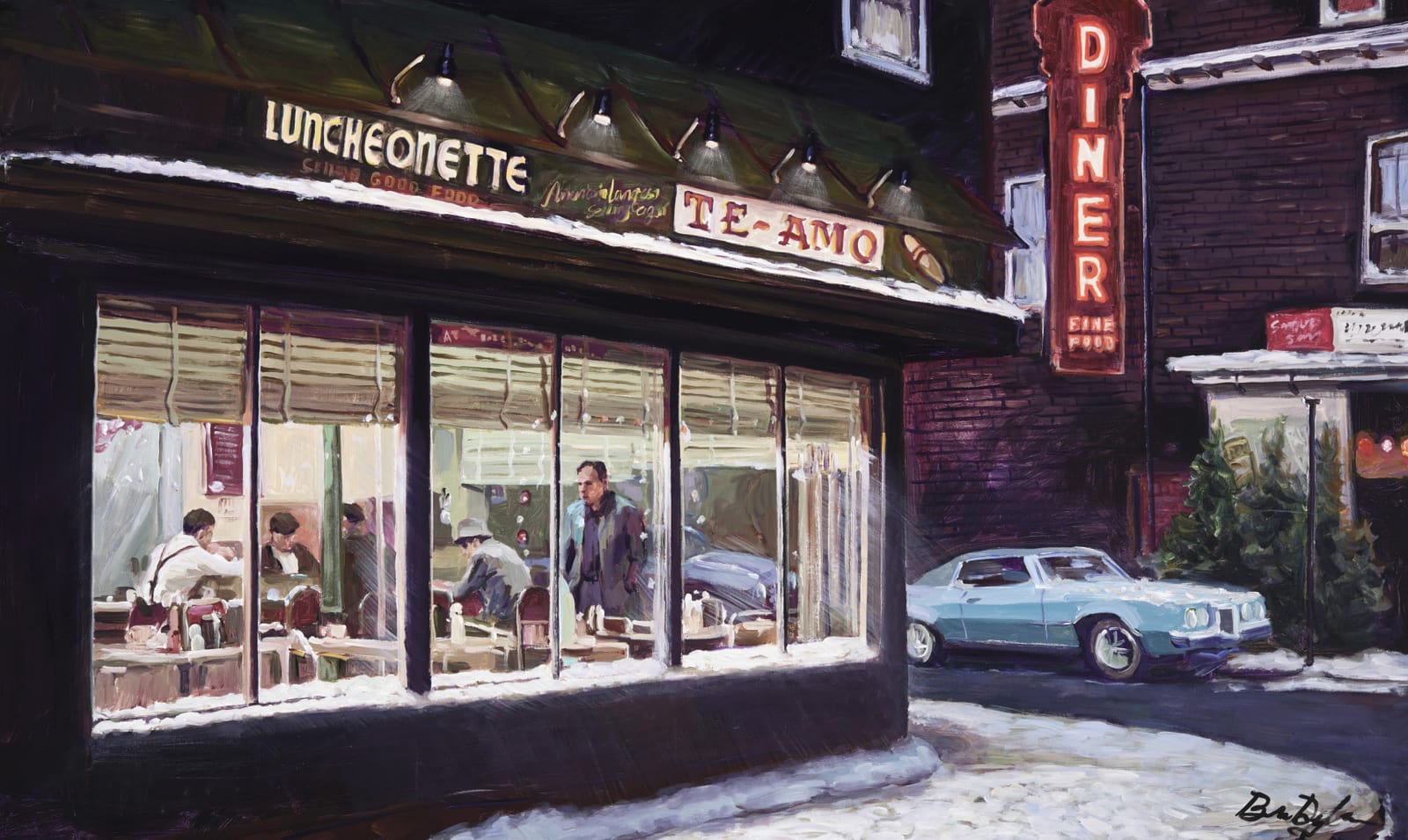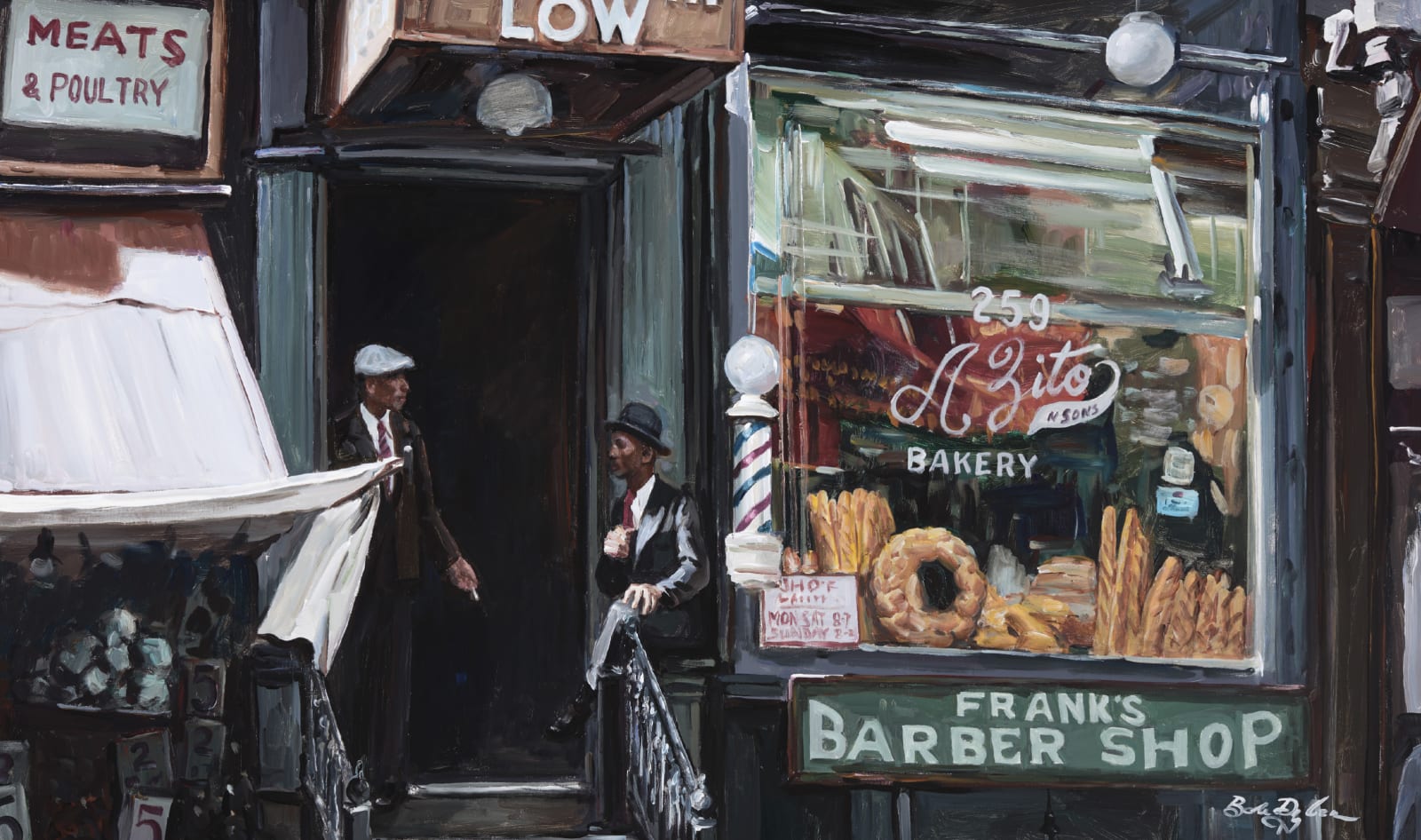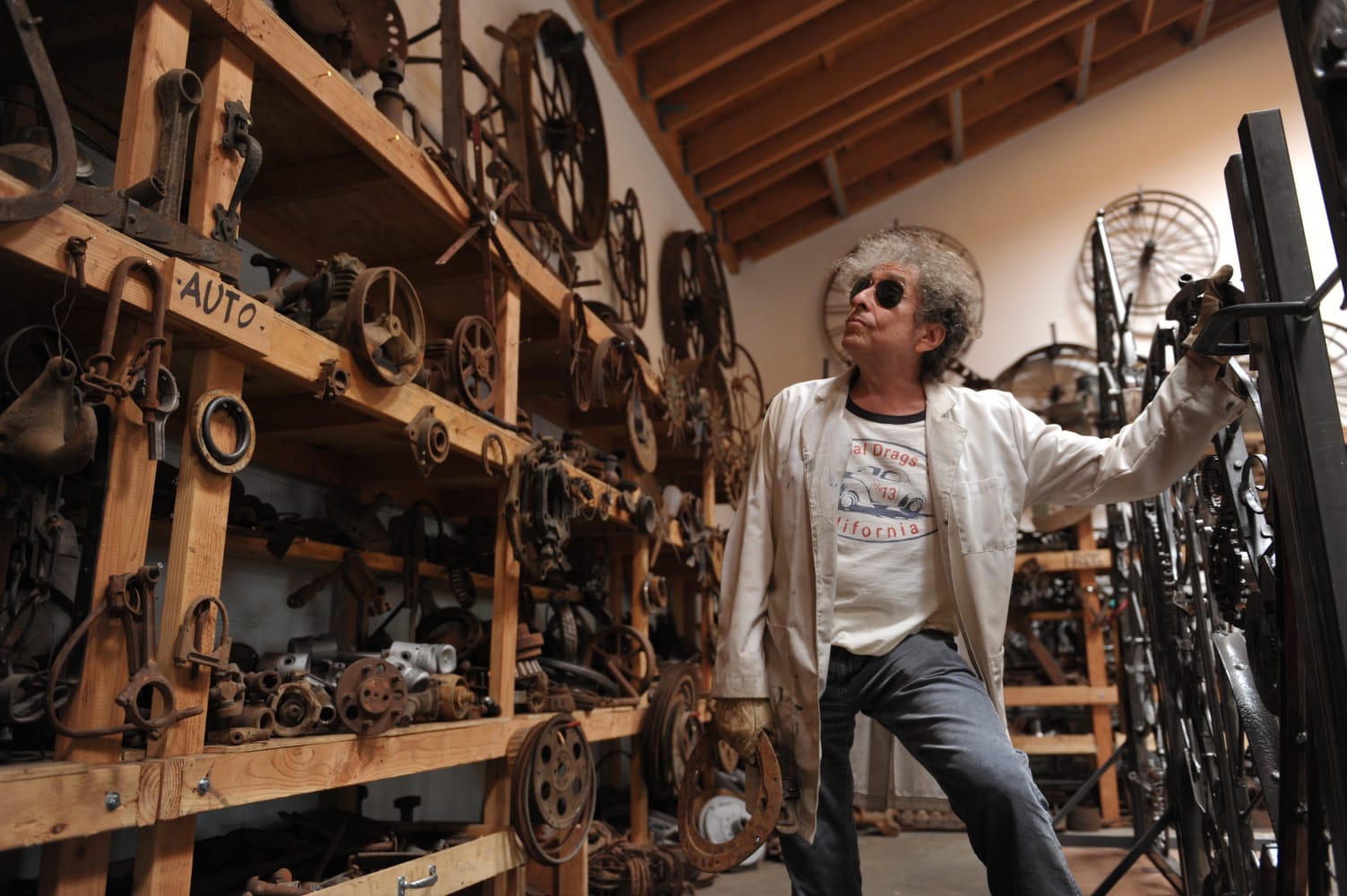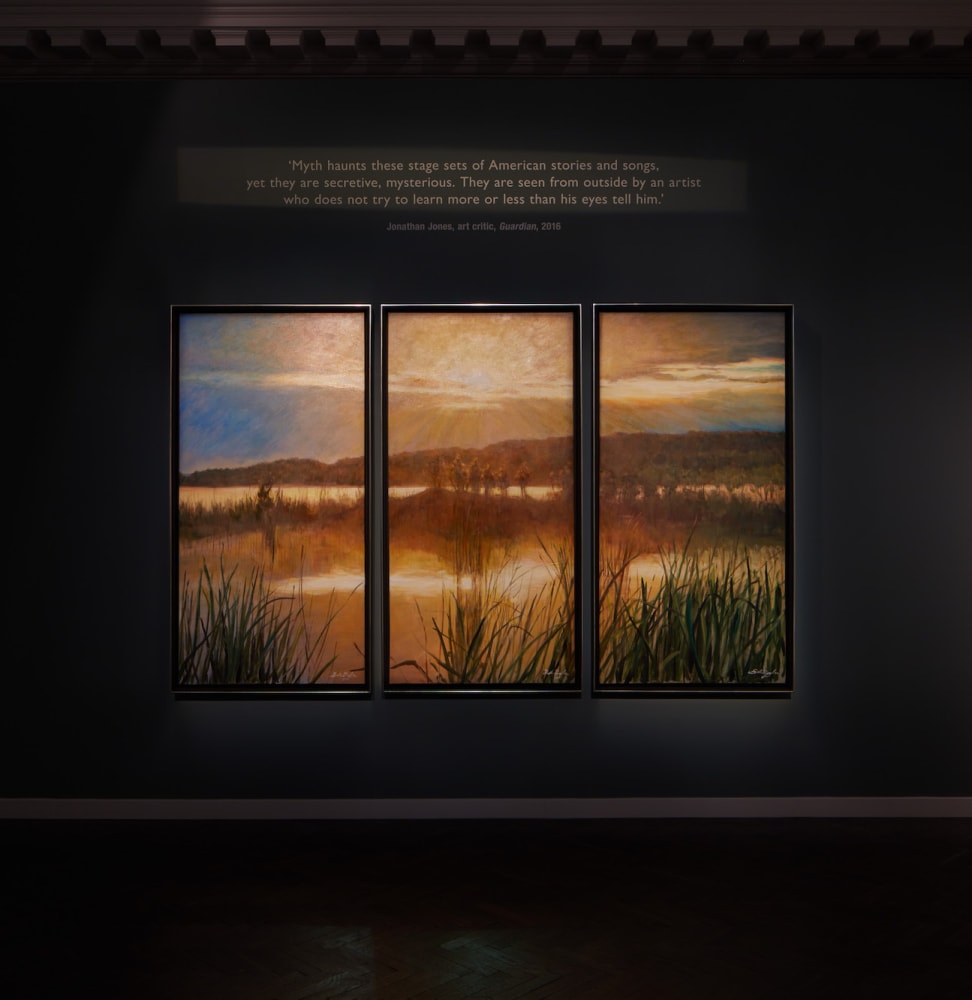How To Spend It The Financial Times
Dominic Harris on how technology is transforming art. Meet the artist creating interactive works that are breaking boundaries
Dominic Harris stands in front of a wall-mounted LCD display, pointing at the gently flexing wing of a butterfly on the screen. 'Obsession goes down to the pixel,' he says. 'That’s the beauty of working digitally – it’s the way I can control colour. I can have an incredibly smooth gradient and I can paint with seven or eight layers.' This acclaimed contemporary artist uses the word 'paint' but the near-life magic that he creates could never be replicated in the physical realm using a brush and a dollop of acrylic. Instead, Harris strives for something much more real even though it lives in the digital world.
Harris seeks accurately to recreate these incredibly delicate insects by mimicking how they display such beguiling iridescence. A butterfly’s colour does not come from pigmentation. In fact, the wing itself is translucent, but as light passes through and refracts off the scales it creates a shimmering illusion called 'structural colour', similar to the pink hue of mother of pearl or the green glisten of a beetle shell.
Only with the meticulous layering of digital paint can Harris attempt to capture this. 'The detail is so important, down to where the muscles are on the wing,' he says. 'I can create these layers, which, when I bring code into it, really come alive.'
Harris is a pioneer, using machine learning to create interactive artworks that have provoked fresh considerations of nature, national identities, capitalism and deification.
Artists have long worked at the cutting edge of human advancement, with technological progress aiding creativity, and in return, artists pushing technology forward. Michelangelo is believed to have helped create an innovative type of wooden scaffolding to paint the Sistine Chapel in the 16th century. Two hundred years later, photographer Eadweard Muybridge took multiple snaps of a horse galloping at full speed that formed one of the first moving pictures. And in the mid-1980s, Andy Warhol made digital art on a computer.
Now technological progress runs faster and faster, and Harris is due to reveal his latest work. Held at the Halcyon Gallery’s new flagship site on New Bond Street, the inaugural exhibition, 'Feeding Consciousness', will present 18 new digital artworks and immersive installations.
'Dominic’s ability to harness his artistic practice with the ever-advancing tools at his disposal is helping to shape and transform what is possible within the medium,' says Paul Green, Halcyon’s president and founder.
Harris believes good art has always had the ability to 'draw people in' but seeks to leverage new technologies to draw people in further. 'I want the viewer to become a collaborator,' he says. This is true of the exhibition’s namesake piece, Feeding Consciousness, although in this case, the people influencing it have no idea of their role. The 10ft sculpture comprises 180 spiralling screens that visualise the online hive mind, fed with constant updates from the most discussed topics from Google.
Similarly, Limitless is an epic screen visualisation of the ceaseless ebb and flow of the FTSE share index fed with real-time data, displaying companies as golden blocks. The artwork responds to the viewer’s touch, revealing portraits of the companies’ CEOs to, as Harris says, 'emphasise the human element within the vast financial machine and encourage viewers to critically assess the motives and actions of those in power'.
Meanwhile, Endurance presents a 360-degree immersion in a hyperreal Antarctic landscape, a reimagining of the terrain traversed by Ernest Shackleton. These pieces have been aided by artificial intelligence, a tool Harris has worked with for nearly a decade. When he first started, he explains, if he brought up the term AI in a gallery, people would draw a blank. 'Suddenly, it seems the whole world has exploded with the talk of AI,' he says. 'But for me, it is not so new, and it continues to be one of the many advanced tools in my palette that I employ to depict the beauty of nature and the world around us.'
The proliferation of AI allows people to create spectacular-looking works in seconds and raises a debate about whether the next masterpiece will have any human input at all. But spend more than a minute with Harris and you’ll realise how an incessant drive for perfection still gives humans the edge.
Feeding Consciousness by Dominic Harris on view until13 August at Halcyon Gallery, 148 New Bond Street, London W1.


